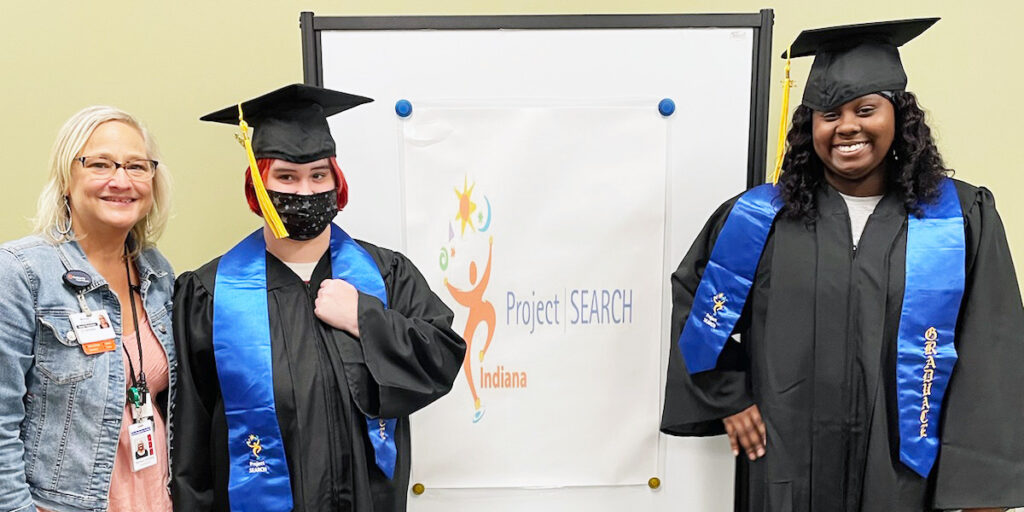John Boner Neighborhood Center Hosts Community Day
Community Day Event
John Boner Neighborhood Centers
2236 East 10th Street, Indianapolis IN 46201
Saturday, October 1, 2022 | 11 a.m. – 2 p.m.
Easterseals Crossroads’ Community Day Event at John Boner Neighborhood Center, presented by Anthem Blue Cross and Blue Shield and in partnership with JPMorgan Chase, is a free, family-friendly event. Activities include an exhibit hall of community partners, book giveaways, child and adult program offerings, child development check-ups, games, food and fun. Our community partners are gathering to bring resources to John Boner Neighborhood Center for this special day of sharing information about services.
“Attending these Community Events at the Neighborhood Centers sponsored by Easterseals Crossroads has been a wonderful way to connect with families and provide information and resources about Adult & Child Health! As a Vendor attending the event I have gained information from the other vendors to share with my agency and have appreciated building relationships with the team members at the neighborhood centers.” – Carla Orr, Team Lead, Adult & Child Health
Easterseals Crossroads will be providing free child-development check-ups onsite and sharing information about employment services for individuals and families living with disability, support services for veterans facing homelessness and career opportunities at Easterseals Crossroads.
Highlights
- Free lunch available for the first 150 people
- Food Box distribution provided by Gleaners and Eskenazi Health
- Free financial journey session presented by JPMorgan Chase
- On-site health screenings
- Free child-development check-ups provided by Easterseals Crossroads
- Free books, crafts and giveaways
Community Partners
- Adult and Child Health
- American Red Cross
- Anthem Blue Cross Blue Shield
- Covering Kids and Families
- Easterseals Crossroads Children’s Services
- Easterseals Crossroads Employment Programs
- Easterseals Crossroads Veteran Services
- Family Development Services
- HealthNet
- Indiana Department of Health MCH Mother’s Helpline
- Indiana Diaper Bank
- Indiana WIC Program
- Indianapolis Public Library
- John Boner Neighborhood Center
- JPMorgan Chase
- Meals on Wheels of Central Indiana
- Versiti Blood Center of Indiana
We are looking for a few volunteers who can assist with this event; if you can volunteer, please fill out this form and we will contact you.
Thank you to our presenting sponsor Anthem Blue Cross and Blue Shield and our partner Chase.




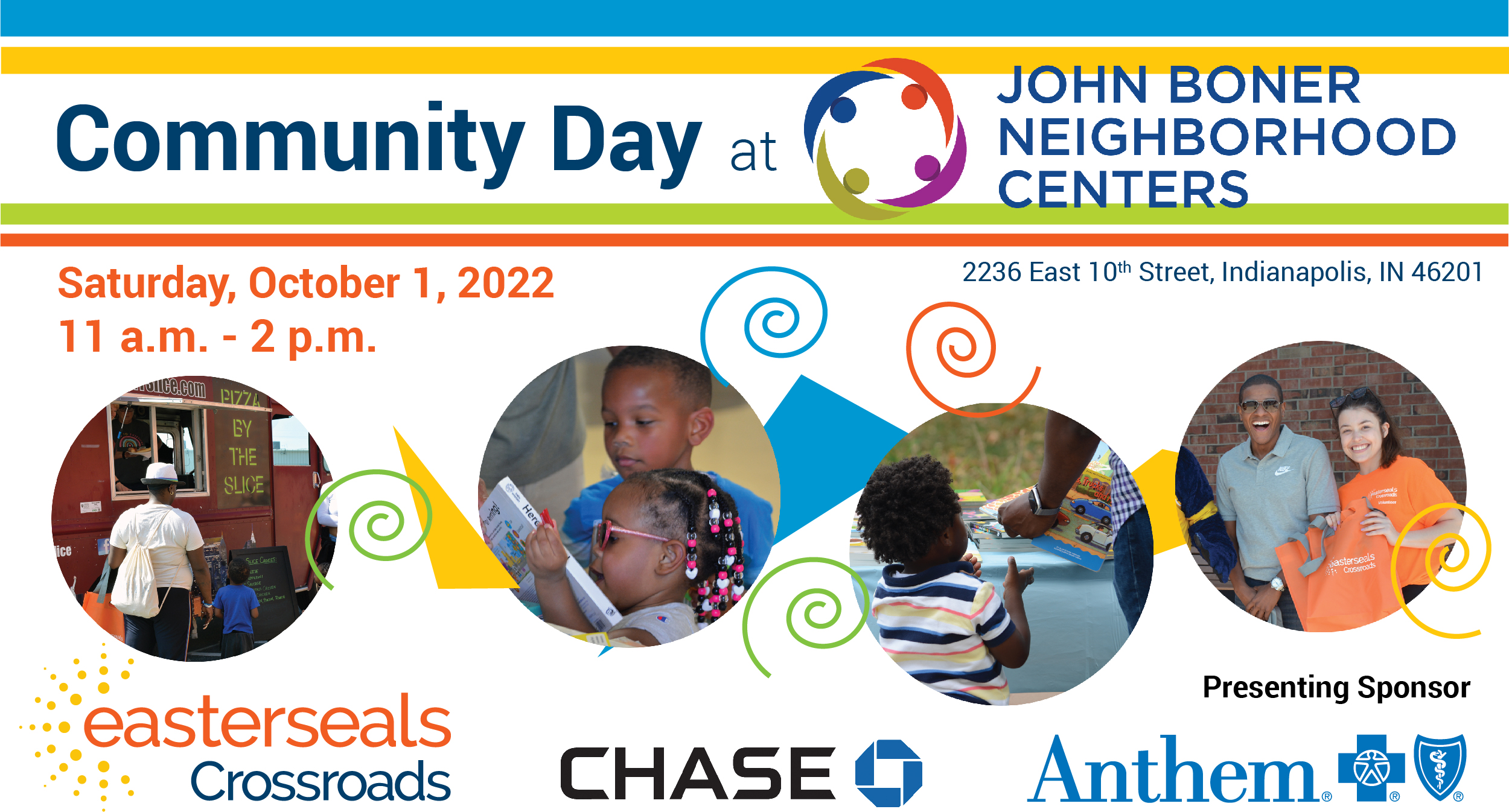
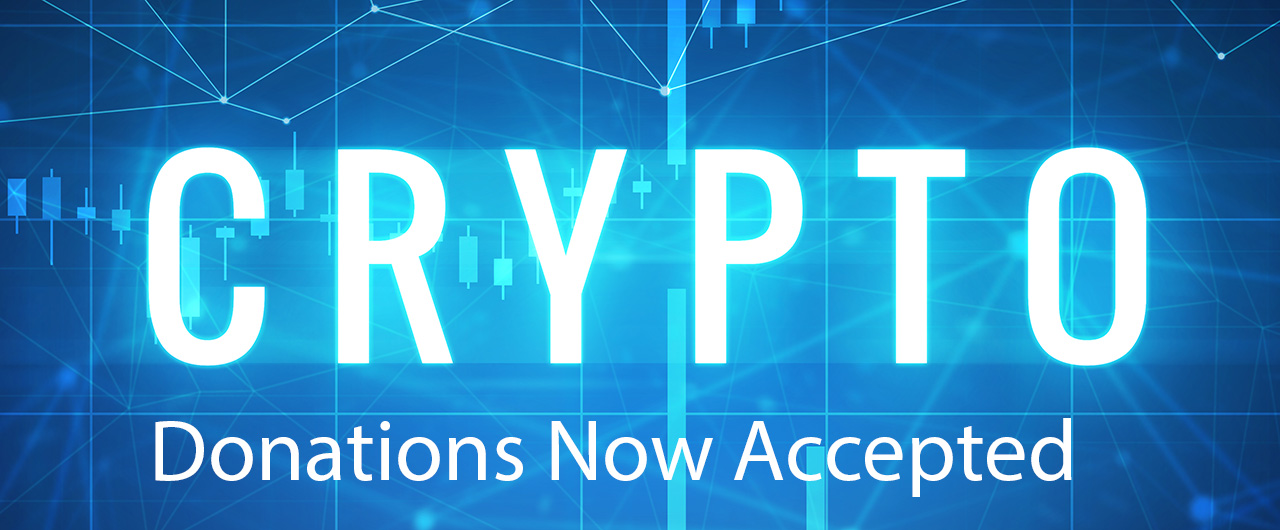

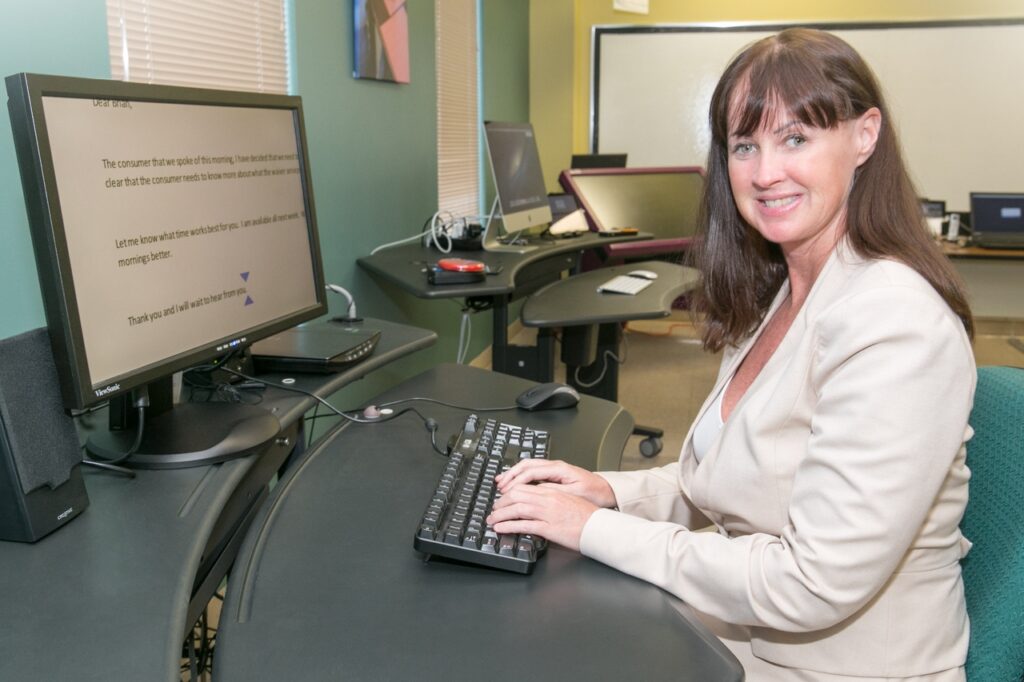 We help adults with disabilities and veterans who are seeking meaningful employment opportunities. We also help those businesses or organizations looking to hire a person with a disability by matching your needs with our qualified candidates, offering you dependable and motivated applicants.
We help adults with disabilities and veterans who are seeking meaningful employment opportunities. We also help those businesses or organizations looking to hire a person with a disability by matching your needs with our qualified candidates, offering you dependable and motivated applicants.




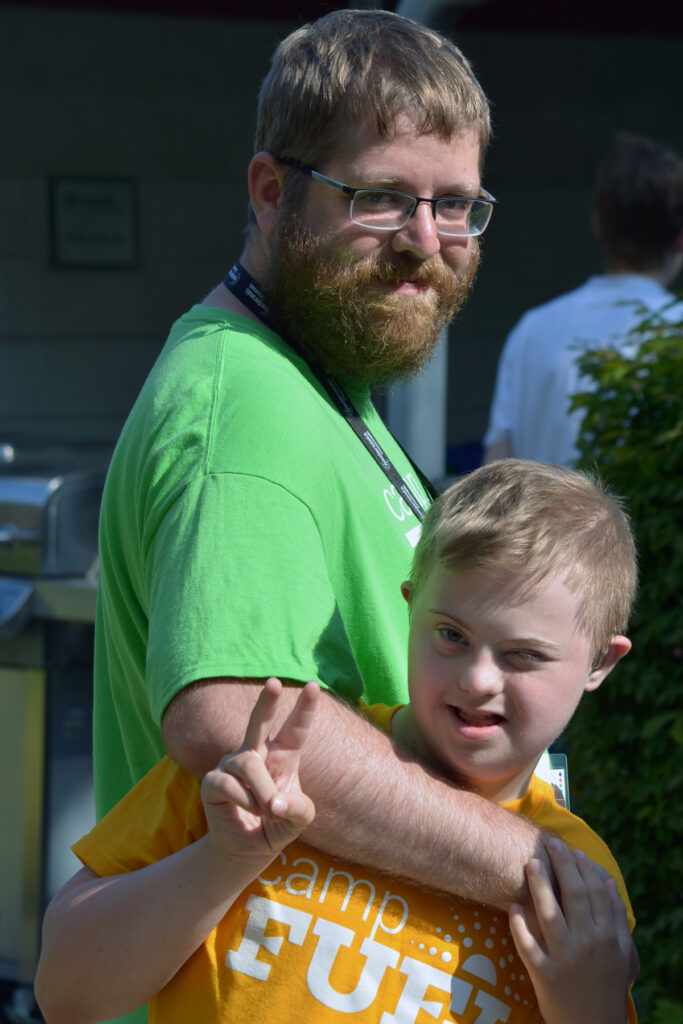 Camp programs developed and provided by Easterseals Crossroads respond to the needs in our community; this is how the concept of Camp FUEL was created. We realized there was a great interest in camps for this age group in greater Indianapolis. We wanted to meet that need by providing fun and unique experience-based learning opportunities in a setting that would provide enjoyment and engaging opportunities for the campers/participants,” said Kristyn Greenawald, Manager of Camps, Respite, and School-based Services.
Camp programs developed and provided by Easterseals Crossroads respond to the needs in our community; this is how the concept of Camp FUEL was created. We realized there was a great interest in camps for this age group in greater Indianapolis. We wanted to meet that need by providing fun and unique experience-based learning opportunities in a setting that would provide enjoyment and engaging opportunities for the campers/participants,” said Kristyn Greenawald, Manager of Camps, Respite, and School-based Services.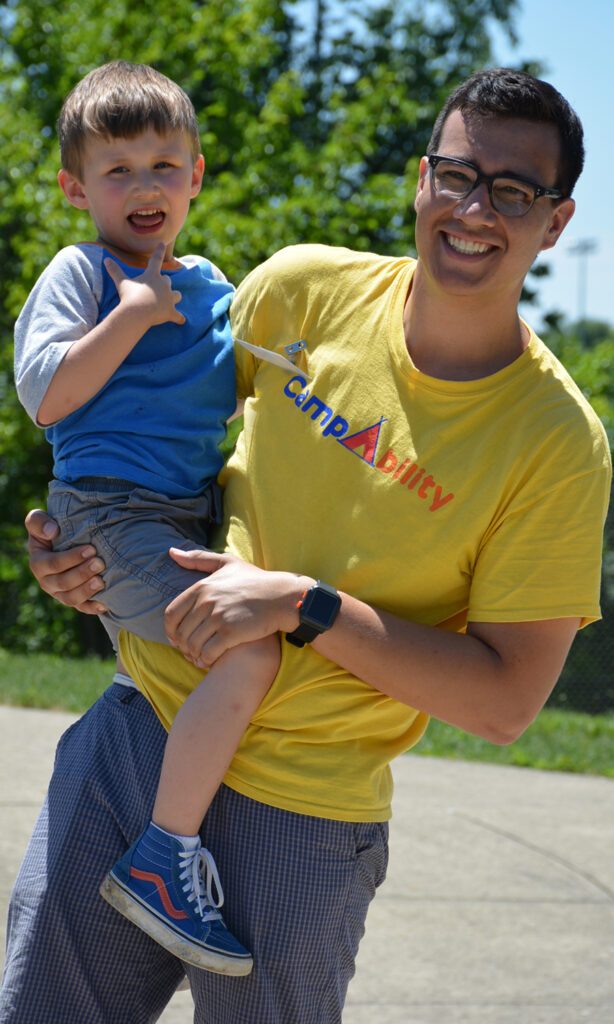 Tim Blanusa has been an employee at Easterseals Crossroads in its camp and respite programs for over eight years. As a third and fourth grade special education teacher, Tim has years of experience and knowledge working with children; we are so fortunate for all of the creativity and dedication that he brings to our programs!
Tim Blanusa has been an employee at Easterseals Crossroads in its camp and respite programs for over eight years. As a third and fourth grade special education teacher, Tim has years of experience and knowledge working with children; we are so fortunate for all of the creativity and dedication that he brings to our programs!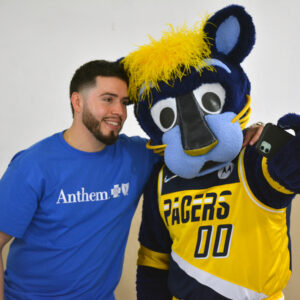 Anthem collaborates with local, state and national leaders to address factors driving racial and health inequities in the healthcare system and society. Anthem is committed to creating sustainable change in communities across the country. As a company with more than 90,000 associates, Anthem fosters an inclusive and equitable workforce and culture. They are dedicating funding to support community partners that will work to help revive and rebuild neighborhoods in Indianapolis and the communities served across the country, with a focus on improving health and reducing disparities, as well as economic development and job creation. Their associates’ diverse cultural insights, perspectives and experiences are integral in helping to address the needs of the whole person, which extend beyond physical and mental health to societal issues such as food, housing and transportation–while delivering cost savings and improved quality and healthcare outcomes.
Anthem collaborates with local, state and national leaders to address factors driving racial and health inequities in the healthcare system and society. Anthem is committed to creating sustainable change in communities across the country. As a company with more than 90,000 associates, Anthem fosters an inclusive and equitable workforce and culture. They are dedicating funding to support community partners that will work to help revive and rebuild neighborhoods in Indianapolis and the communities served across the country, with a focus on improving health and reducing disparities, as well as economic development and job creation. Their associates’ diverse cultural insights, perspectives and experiences are integral in helping to address the needs of the whole person, which extend beyond physical and mental health to societal issues such as food, housing and transportation–while delivering cost savings and improved quality and healthcare outcomes. Literacy and Employment Program. This program was designed for young adults with a diagnosed disability who are ages 18-24 and preparing to work in a competitive work environment. At a small ceremony the week of May 16, the program participants received certificates, program portfolios and a $500 stipend for completion of the program.
Literacy and Employment Program. This program was designed for young adults with a diagnosed disability who are ages 18-24 and preparing to work in a competitive work environment. At a small ceremony the week of May 16, the program participants received certificates, program portfolios and a $500 stipend for completion of the program.